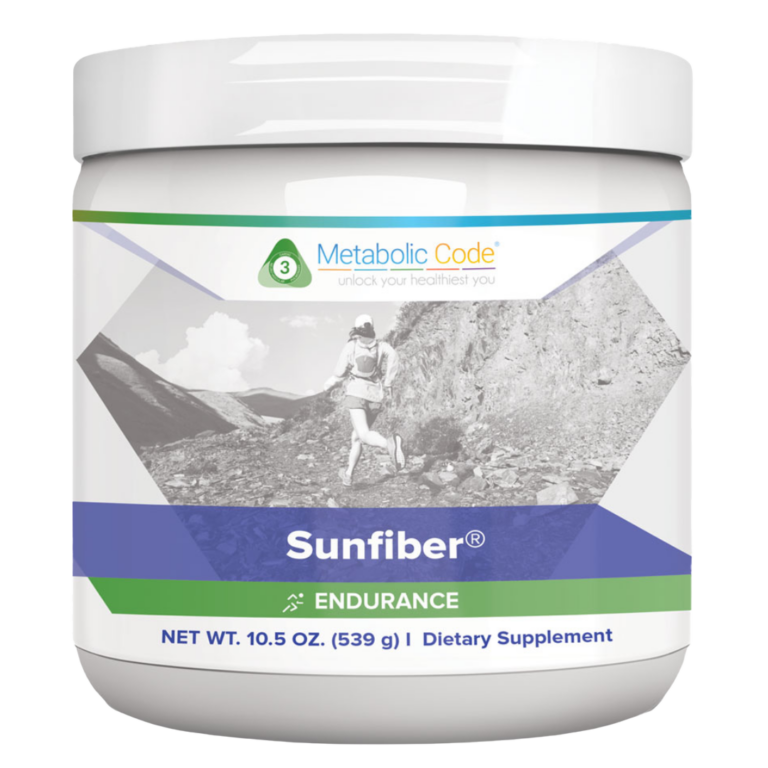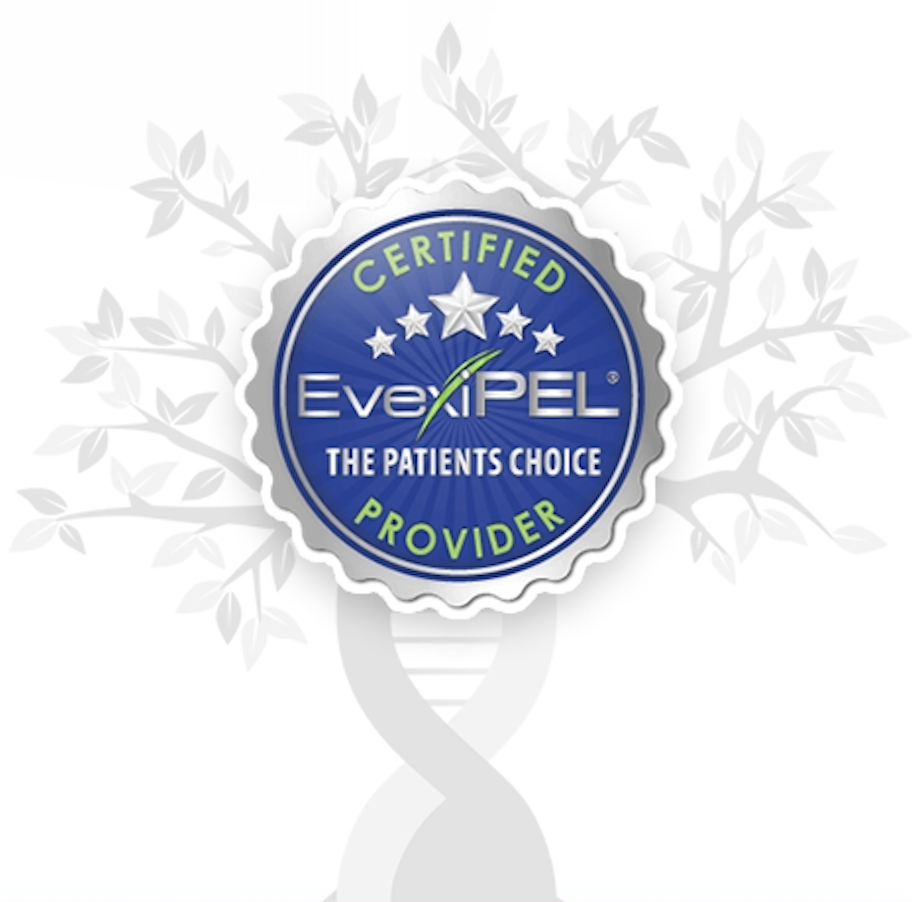Menu
Sunfiber
Sunfiber® is a soluble fiber supplement that also supports the body’s gut microbiome with additional prebiotic properties. Made of hydrolyzed guar gum fiber, Sunfiber® dissolves in water without a trace and supports healthy digestive, metabolic and cardiovascular function without leading to the excess gas and bloating that often results from the digestion of psyllium husk and other sources of fiber that are commonly used in supplements.
Sunfiber®, which is sourced from guar gum fiber instead of more common fibers like psyllium husk, further supports satiation with its prebiotic properties. The SCFAs that this prebiotic fiber supplement produces may also support healthy weight loss with their ability to enhance fat metabolism. Since the majority of the immune system resides in the GI tract, a prebiotic and anti-inflammatory fiber supplement like Sunfiber® has the potential to enhance the body’s natural immune response and overall level of wellness as well, and combining prebiotics with the types of professional grade probiotics available at EVEXIAS Medical Centers further supports homeostasis in the gut microbiome and whole body health.

The Ingredients
Guar Gum
Guar gum comes from the guar bean, and it is often used as a food additive due to its ability to absorb water and act as a binder. When hydrolyzed to decrease its viscosity, guar gum fiber supplementation has shown an ability to support bowel regularity and satiate appetite like other forms of fiber supplements. Like those other types of fiber, guar gum fiber has also been recognized for its ability to help support proper cardiovascular function by promoting healthy cholesterol and blood sugar levels.
Yet, guar gum fiber goes a step further by acting as a prebiotic. With these additional prebiotic properties, guar gum fiber can also be used to address diarrhea and symptoms of irritable bowel syndrome (IBS). This potent prebiotic also helps stock the gut with the healthy bacteria necessary to maintain a healthy balance in the gut microbiome, and its slower rate of decomposition in the gut prevents excess gas and bloating.
Sunfiber® dissolves completely in water, leaving no taste or gel-like consistency. This prebiotic fiber supplement helps maintain balance in the gut microbiome while also supporting cardiovascular health and overall wellness.
The Science
For the past several years, probiotics have received a lot of well-deserved attention for their ability to support gut health. Whether found in supplements or in fermented foods like sauerkraut, kimchi and kefir (fermented milk), probiotics are live, beneficial bacteria that help balance the gut microbiome. Probiotics have become so popular that prebiotics often get lost in the shuffle. While people often assume that prebiotics and probiotics are the same thing, they actually support healthy gut microbiome balance in different ways and are both critically important for maintaining gastrointestinal (GI) and overall health.
The biggest difference between probiotics and prebiotics is the fact that probiotics are live bacteria, whereas prebiotics are substances (usually some type of fiber) that the probiotics like to eat. In other words, probiotics actually need prebiotics to function optimally. Supplying the body with both probiotics and prebiotics (a combination known as synbiotics) on a regular basis can be very useful in maintaining a healthy balance of good and bad bacteria in the gut microbiome.
There are also other behavioral differences between probiotics and prebiotics. In addition to providing a food source for beneficial bacteria, prebiotics also produce short-chain fatty acids (SCFAs) as a result of a chemical reaction that occurs during fermentation. SCFAs are crucial in supporting a healthy gut microbiome, because they assist the production of mucus to reduce the risk of leaky gut syndrome and help regulate pH balance in the intestines. Aside from their role in the gut, SCFAs also have anti-inflammatory properties, assist in the regulation of fat metabolism and help the body maintain healthy blood sugar and cholesterol levels.
Prebiotics are also found in more food sources than probiotics. While probiotics are only found in certain fermented foods like sauerkraut, kefir (fermented milk) and kimchi, prebiotics are most often types of fiber that can be found in vegetables, fruits and legumes. Some of the most common sources of prebiotics include:
- Berries
- Bananas
- Legumes
- Leeks
- Onions
- Oats
- Asparagus
- Dandelion greens
